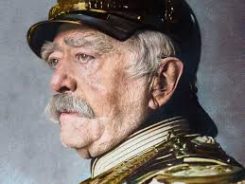Contents
Born in 1815 in the state of Bundenburg in the north of today’s Germany, Otto Von Bismarck had a lucky childhood. Unlike the childhood of many important men, his early years were spent in abundance.
In other words, Otto was born into an aristocratic landowner family. Thanks to his very good and healthy diet for the period, he showed a stronger and superior development than his peers physically. He became interested in politics and law at a young age.
When he reached university age, he had the chance to study law just as he wanted and graduated from the University of Göttingen. After graduating, he was interested in law for a while. However, his deep interest in politics gradually began to push him towards politics. Coming from a wealthy and well-known family was also an important factor that paved the way for him in the political arena.
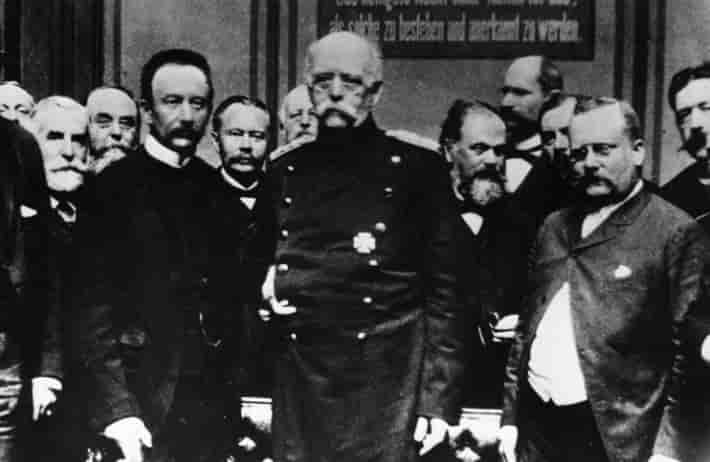
Early Life and Education: The Foundations of a Diplomatic Genius
Although he looked like a communist when you look at him with his moustache, he actually had quite conservative and anti-communist views. These sharp views carried him to the parliament as a deputy in 1847. To summarize that period briefly, the area known as southern Germany consisted of Catholic German principalities. On the other hand, the area known as northern Germany was a single piece as the Prussian state. This state, which also included liberals, was in the form of a confederation. In other words, a unity had to be provided, but who would provide it and how?
At this point, the three most fundamental obstacles to German Unity were as follows;
- Sectarian Differences: The north was Protestant, but the southern region was Catholic. This was an important difference in itself for that period.
- French influence: France had both the same sectarian and a deep historical relationship with the regions in the south. For this reason, the principalities in the relevant area saw themselves closer to France than their compatriots in the north.
- Austrian influence: At that time, Austria had a significant population that was related and close to the German principalities in the south. This was one of the serious obstacles to the unity that Bismarck had in mind.
Bismarck’s Rise to Power: From Prussian Politician to Chancellor
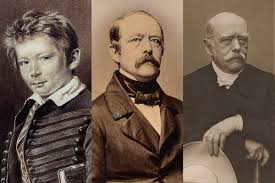
Revolutionary movements that shook the European states in 1848 also affected Prussia. At that time, Otto Von Bismarck advocated the necessity of crushing and suppressing such nationalist and liberal movements with the army. They did not call him the advocate of the “blood and iron” view for nothing. At that time, these views were suppressed without the need for excessive violence. However, his recognition among the public was also increasing. Our hero, who eventually started his duty as ambassador to Russia, which meant a promotion for him, later served as ambassador to France for a short time.
During these duties, he had the opportunity to closely get to know these states, their leaders and traditions, with whom he would sometimes fight and sometimes form alliances in the future. In fact, he described his impressions here in detail in his book “Thoughts and Memories”, where he wrote about his entire political life. According to him, Russia was a candidate ally that he should take with him. On the other hand, France was the biggest obstacle in front of the German Union that he had to defeat.
Eventually, Otto Bismarck, whose recognition, political power and dominance in the bureaucracy were gradually increasing, was appointed prime minister by King Wilhelm I. Here, it is necessary to mention the importance of history and fate. The king of the period saw that the country was heading towards a war and argued that military expenditures should be increased in order to resolve the internal turmoil that occurred periodically.
Unification of Germany: Bismarck’s Role in Shaping a Nation
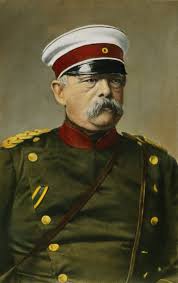
When this view was not accepted by the liberals in the parliament, he found the solution in appointing Bismarck, who had similar views, as prime minister. In his famous speech in the parliament, he stated that German unity could be achieved not only by making speeches or by bureaucracy but also “with blood and iron”, thus taking the first steps towards the “Iron Chancellor” title he would later receive.
Meanwhile, he was also a visionary leader who first initiated insurance and retirement practices in Europe in order to please the working class against the communist winds of the period.
When he took office, he thought that the necessary stages for the establishment of the great union that he had been planning meticulously for many years and working on in detail in the bureaucracy should now be put into practice. Everything was ready for the sacred duty and dreams would only come true with great wars. Bismarck was ready for this and now he had to prepare the king and the people.
The Historical German Unity and Bismarck’s Impact on It
First, he planned how to overcome the three serious obstacles in front of unity we have listed above. He had to draw Russia to his side in order to overcome the French threat, and he achieved this by siding with the Russians in the Polish crisis in 1863. Afterwards, he flattered France’s pride with minor concession agreements. In this context, it should be noted that he already knew that he had to fight Austria. He was trying to prepare the environment before this war. First, he had to solve a minor problem on the northern border.
When he took office, Otto dissolved the parliament and stated that he had no authority over the king, and then set his sights on Denmark.
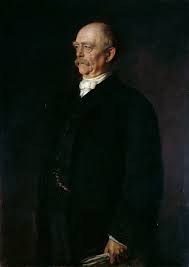
He claimed the duchies of Holstein and Schleswig, which were located on the Prussian border of Denmark at the time, and declared war on this country in 1864, adding Schleswig to his own borders. He did not object to Holstein being taken by Austria in the short term. After all, what we call bureaucracy is a long-term marathon.
It was now Austria’s turn. Knowing that he would defeat Austria, which used rifles that were backwards for its time, with its own modern weapons, Bismarck would accept the Austrians’ peace offer. Austria fought with the Germans who had occupied Holstein in 1865 in 1866, and Bismarck’s army achieved a great victory. While everyone wanted to go all the way to Vienna and deal a fatal blow to Austria, he showed his bureaucratic and political genius. In other words, he saw it as sufficient to defeat the Austrians without arousing hatred in them in order to prevent them from forming an alliance with France and striking his army from the south during the next war.
The Iron Chancellor’s Diplomacy: Balancing Power in Europe
Now it was time for the big war. It was time to fight against France and Napoleon III, the biggest obstacle to the German Union Bismarck dreamed of. Otto was almost looking for an excuse to fight with the French. King Wilhelm, on the contrary, was not very keen on this war. Just like the beginning of World War I, a spark would light up at the beginning of this war. The place of this spark was Spain. Bismarck, shortened the telegram sent by Napoleon III to the Prussian leader and took it out of context a little, and skilfully manipulated both German and French public opinion to start the war.
Napoleon did not accept that new king of Spain had German origins. The telegram was just about that. Then, the French, overconfident, started to hold celebrations in the streets and shout “Berlin to Berlin” enthusiastically. However, Prussia had been preparing for this war for a long time and started to ruin the French in the first days of the war.
The Battle of Sedan played a critical role in the war, and Napoleon III surrendered to the Prussians.
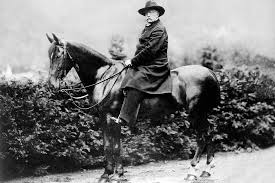
Bismarck imposed the Frankfurt Peace on the French and annexed the Alsace-Lorraine region, which would become a problem for many years, with a large compensation, making it German territory. In addition, after this war, the German Union was established, the northern and southern regions were united, and it became the German Empire, and Bismarck was the first chancellor of this empire. This peace treaty signed in the Palace of Versailles in France was quite humiliating for the French.
We will also remember the name of this palace from the heavy treaty that the Germans had to sign after the heavy defeat they suffered after World War I.
Otto von Bismarck’s Legacy: The Architect of Modern Germany
In addition, the big defeat ended the dynasty in France after the war and caused the transition to a republican regime again. After becoming Chancellor, Otto Von Bismarck, whose support among the German people increased, had a successful period, especially in his early years, until he was dismissed in 1890. Our hero, who showed great genius in foreign policy and international relations, could not show the same success in domestic politics.
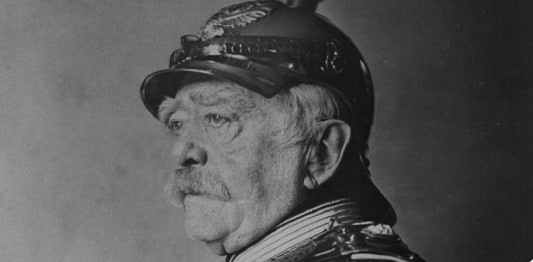
In other words, contrary to his flexible and conciliatory attitude in foreign policy, he supported an oppressive and totalitarian regime in the country, and this caused him to lose support from the people over time. In particular, his attempts to cover public deficits by increasing taxes gradually led to a reaction from the people. He was also a large landowner, that is, a rich aristocrat, and it is thought that he became disconnected from the people over time for this reason.
After losing the elections during Wilhelm II’s reign, he was forced to leave office when his demands for a declaration of monarchy were not accepted. Although he was on the side of iron and blood, he did not do this in domestic politics and knew when to leave office. Otto, who wrote a book about his life after leaving office in 1890, died 8 years later, in 1898.
What makes him different from other politicians or commanders is that he is not only successful at the desk or in the field, but also in both the field and at the desk. In other words, he is both a good bureaucrat and a good soldier. Bismarck, who left a great German Empire behind when he died, is the greatest leader in German history.
